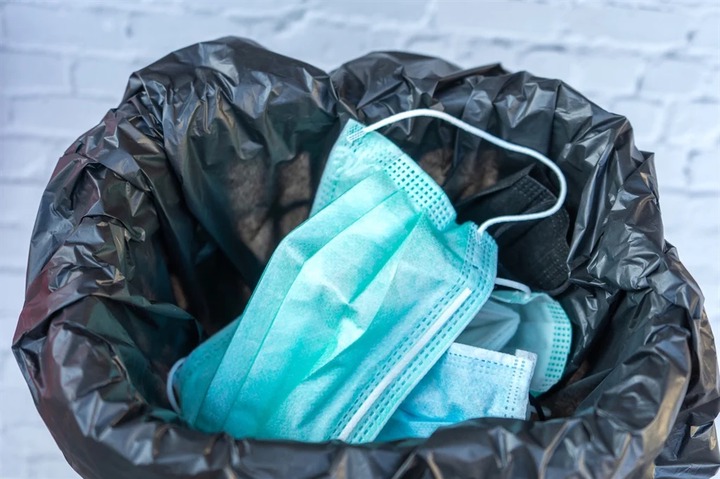On Wednesday, health minister Joe Phaahla discreetly gazetted a notification that quickly eliminated any lawful commitment to wear a face mask in South Africa.
Face masks have been an element of South African life for over two years, first wherever openly, then, at that point, while not practicing or eating, and most as of late just in open indoor spaces and on open vehicle.
Then, at that point, they were unexpectedly gone.
While certain areas feel that is extremely past due, a few specialists have suggested keeping masks on, at any rate in unambiguous spaces like healthcare offices.
Experience in different nations recommends by far most of individuals will quit wearing masks the second a legitimate commitment to do so closes, and basically a couple are probably going to formally burned down their masks.
For every other person, the inquiry looms: what befalls those masks now?
Keeping a couple to hand is judicious. By altogether revoking wraps of post-lockdown guidelines, Phaahla provided up the ability to turn the mask command on and off as he sees fit. He can, nonetheless, reimpose masks through another order whenever, and make them lawfully required again through a gazetted notice attracting on his powers to manage exceptionally irresistible illnesses.
His bureau partner Nkosazana Dlamini Zuma also has that power; as minister of helpful administration she can pronounce another public condition of catastrophe, then make masks obligatory utilizing the gigantic arrive at she needs to manage fiascos.ast keeping a crisis supply, managing masks gets interesting.
Like almost anything produced using texture, reusable cloth masks are difficult to reuse. Dispensable masks, generally made of plastic, are not reasonable for common reusing channels all things considered.
 Moni Malawi
Moni Malawi 
